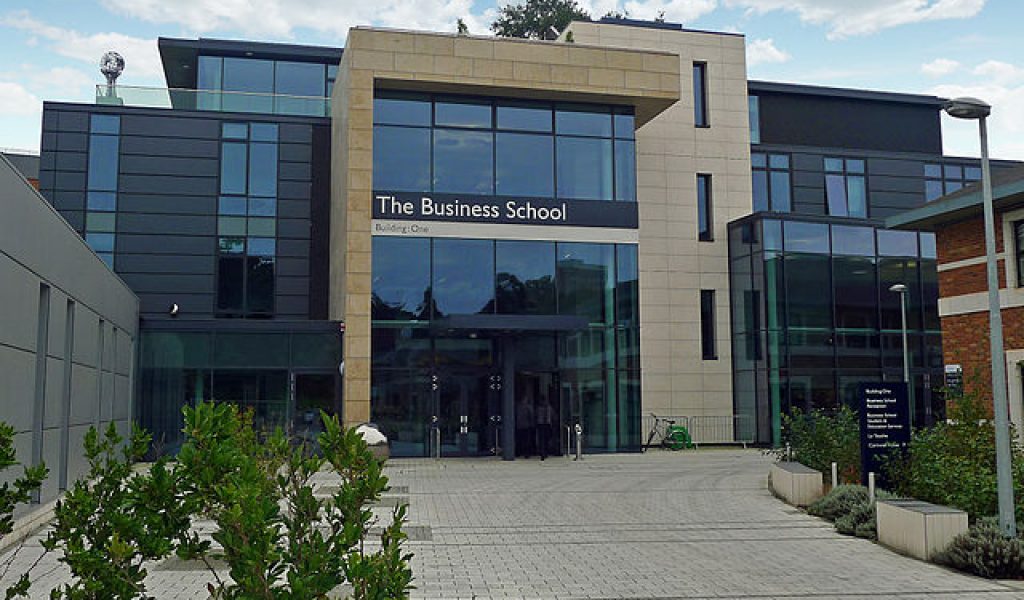Exeter ‘leading the way’ towards circular economy

The University of Exeter has now entered into a partnership with the Ellen MacArthur Foundation, a charity that works with businesses and educational institutions to accelerate the transition to a circular economy.
This partnership aims to accelerate the University’s vision of transitioning to a circular economy where fewer resources are used and more materials are reused.
In our usual model of an economy, natural resources are manufactured into products, which are used by consumers, and then discarded as waste. Now called the “linear” model of an economy, this chain makes the creation of waste an inevitable part of a one-way consumption process.
In contrast, in a “circular” economy the waste production process is restricted by employing a wide range of methods like sharing, leasing, reusing, repairing, refurbishing and recycling existing materials and products for as long as possible to extend its lifetime of consumption.
The entire process is based on three principles – eliminating waste and pollution, circulating products and materials at their highest value, and regenerating nature.
The University, as a part of its Exeter Centre for Circular Economy (ECCE), now has hundreds of academics working on major contributions to future circular economy adoption and implementation including climate change, natural capital and ecosystem services, water systems, and business entrepreneurship and innovation.
Notably, last year our University was also chosen to lead the CE-Hub, the coordinating hub for the National Interdisciplinary Circular Economy Research (NICER) programme, a £30 million UKRI-funded scheme for promoting circular economy research and innovation in the UK.


